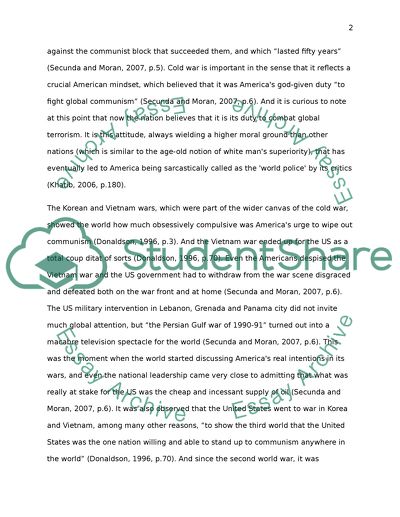Cite this document
(“Operation Iraqi Freedom Research Paper Example | Topics and Well Written Essays - 1750 words”, n.d.)
Retrieved from https://studentshare.org/history/1430318-operation-iraqi-freedom
Retrieved from https://studentshare.org/history/1430318-operation-iraqi-freedom
(Operation Iraqi Freedom Research Paper Example | Topics and Well Written Essays - 1750 Words)
https://studentshare.org/history/1430318-operation-iraqi-freedom.
https://studentshare.org/history/1430318-operation-iraqi-freedom.
“Operation Iraqi Freedom Research Paper Example | Topics and Well Written Essays - 1750 Words”, n.d. https://studentshare.org/history/1430318-operation-iraqi-freedom.


